2019
News list
-

GIUZ experts for the federal administration
The Swiss Federal Council elected several GIUZ members to extra-parliamentary committees for the period 2020-2023. These committees support the federal administration in areas that require specific knowledge.
-
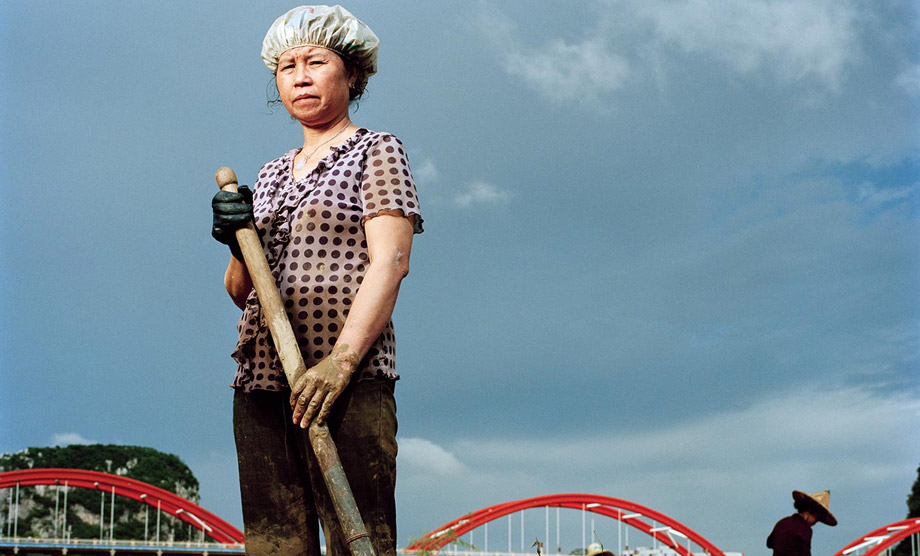
Saving the World
The focus of the new UZH Magazin is on saving the world – ideas from UZH researchers for a bright and sustainable future.
-
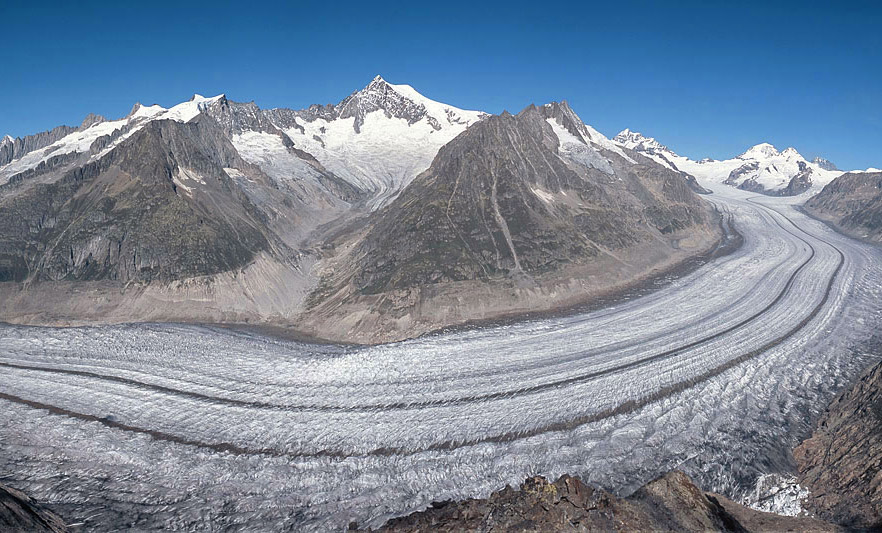
WGMS Letter of Concern to COP25
Glacier-mass changes are a reliable indicator of climate change. The worldwide network of glacier observers urges parties to the United Nations Framework Convention on Climate Change to boost international cooperation in monitoring these changes, and to include the results in the Paris agreement’s global stocktake.
-
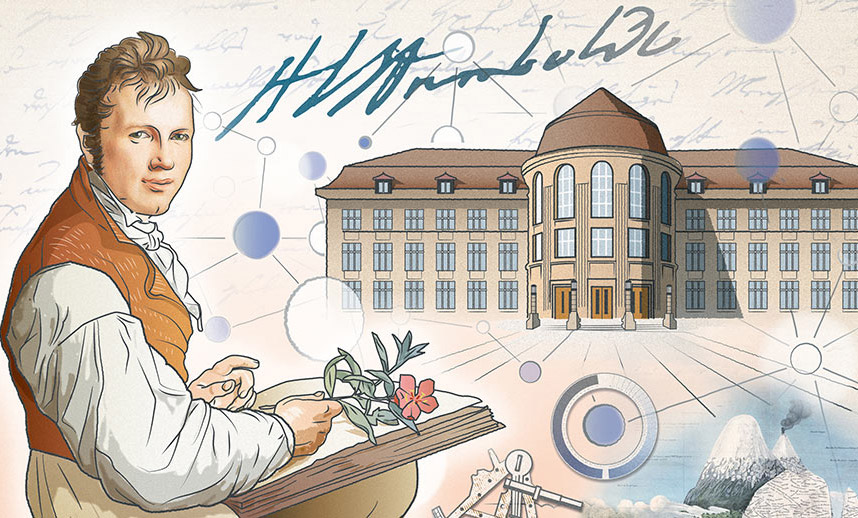
Alexander von Humboldt: Trailblazer of Science
Historical role model, ideal-typical scientist, courageous expedition leader: five UZH researchers tell why they value Alexander von Humboldt as a person and researcher and how relevant his findings are to this day.
-
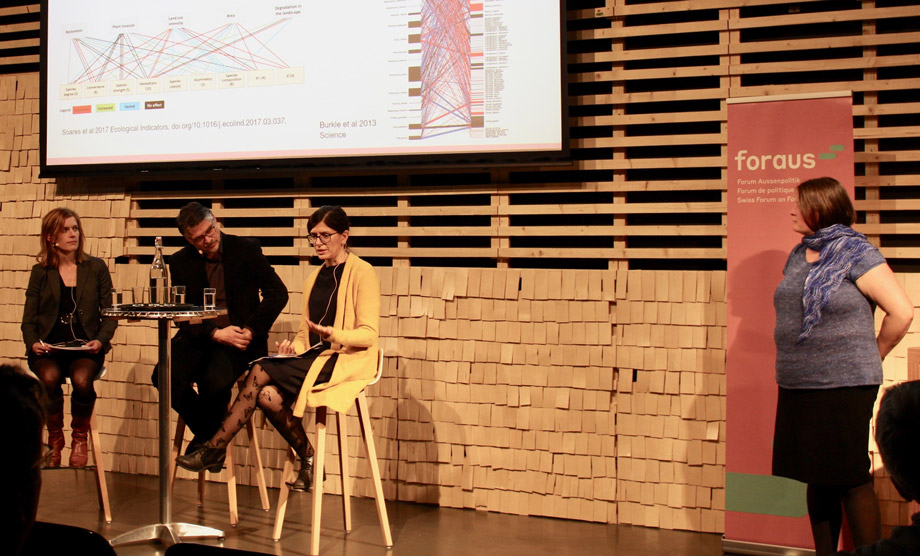
Grassroots ideas to halt biodiversity loss
The platform «Policy Kitchen» crowdsources innovative ideas on how to tackle the biodiversity crisis – and other pressing policy challenges. Selected proposals were recently discussed with experts and professionals from science, government and NPOs, among them Maria Santos, Professor of Earth System Science at the GIUZ.
-
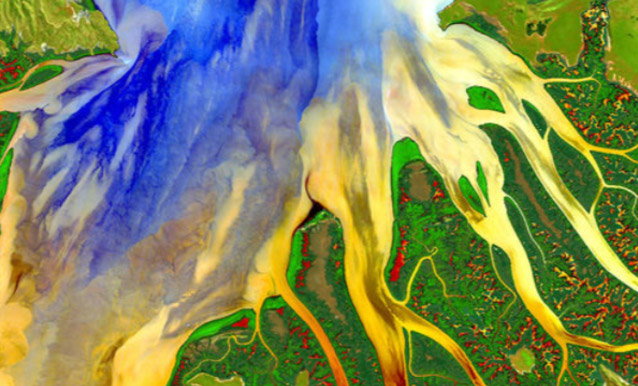
To space and back again: mapping Earth to save it
A collaboration between NASA in California and the Remote Sensing unit at the GIUZ will help scientists better understand how the Earth and its climate are changing.
-
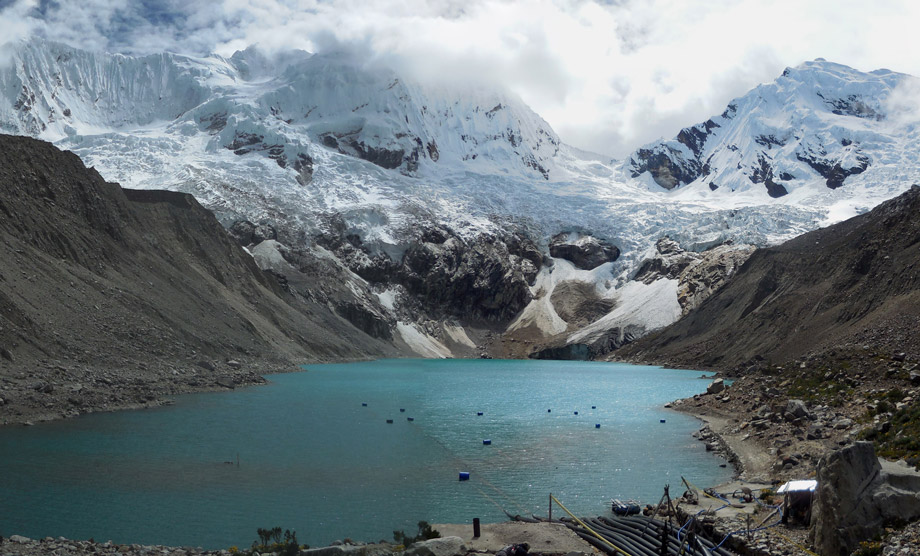
The world's highest mountains hold vital climate change lessons
Glaciologist Christian Huggel talks to swissinfo.ch about the effects of the climate crisis on high mountain regions, lessons learned between affected countries and the physical and existential impacts of melting glaciers on locals.
-
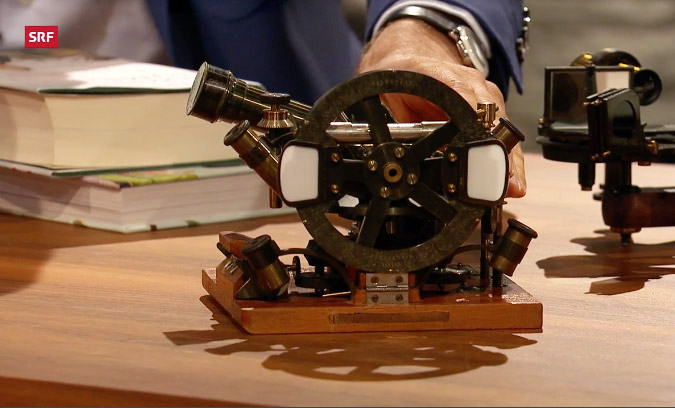
GIUZ treasures on Swiss television
Measuring instruments of the Swiss Arctic researcher Alfred de Quervain are among the historical treasures of GIUZ. They were featured in the "Sternstunde Philosophie" on Swiss television.
-

Problematic 24-hour care at home
Home care arrangements for elderly people are becoming increasingly important, in particular 24-hour services by migrant workers from Central and Eastern Europe. Blog post and radio interview about Karin Schwiter's research on live-in care.
-
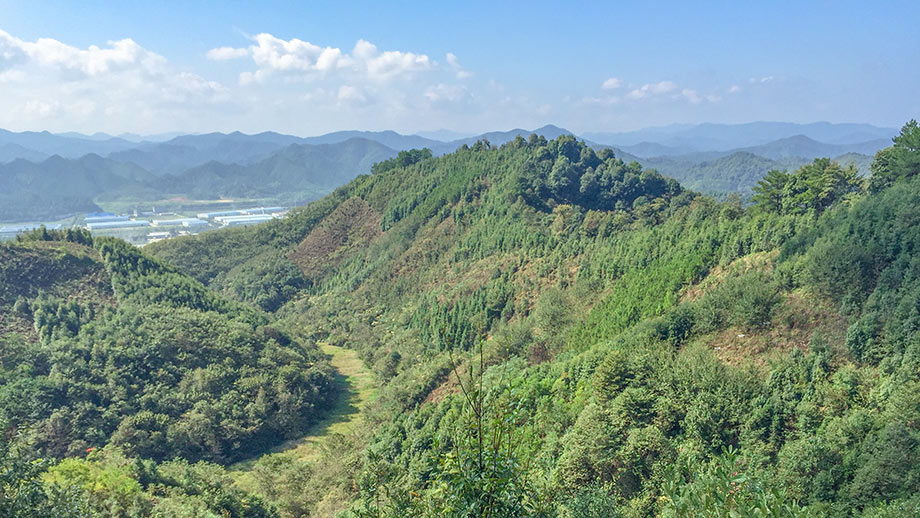
Fertile Ground
We have to make use of the abundance of nature, says Bernhard Schmid from GIUZ. He is calling for more biodiversity in agriculture, as crop mixtures produce better yields and are more sustainable than monoculture farming practices.
-
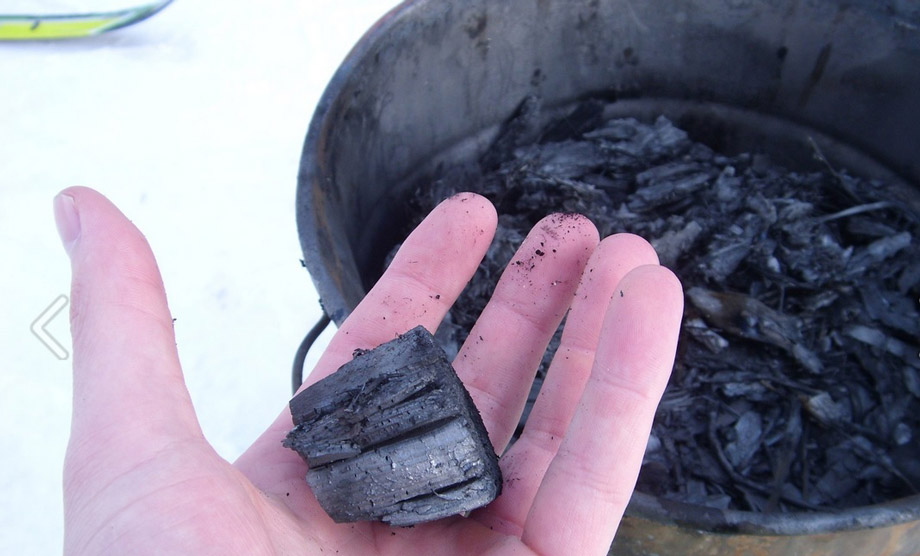
Biochar could be the solution to crop burning in India
Reducing crop burning by producing biochar instead means cleaner air and more productive soils - and it contributes to carbon sequestration. Researchers from our Soil Science and Biogeochemistry unit have conducted field trials in India for over a decade.
-
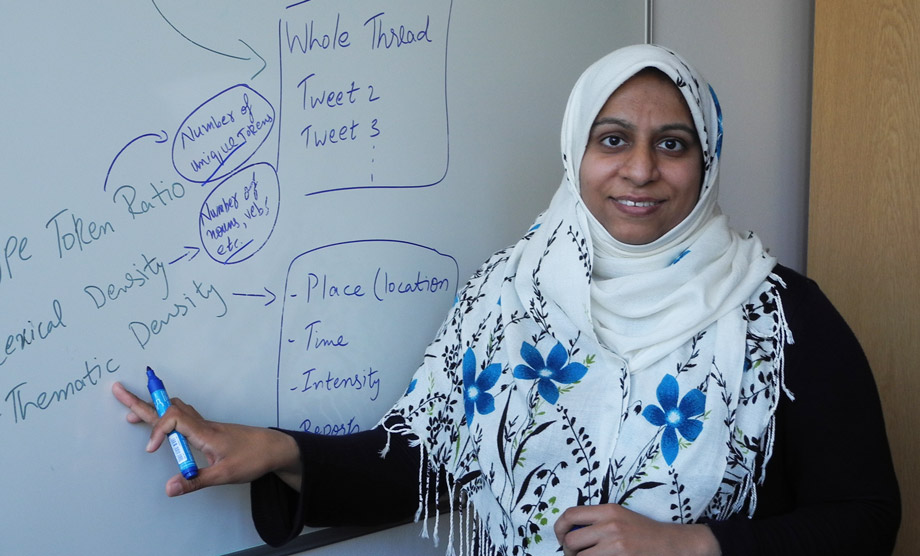
Why your tweets can really matter in a natural disaster
Retrieving information from tweets during natural disasters can save lives. PhD student Kiran Zahra collaborates with linguists and international organizations to develop the appropriate methods.
-
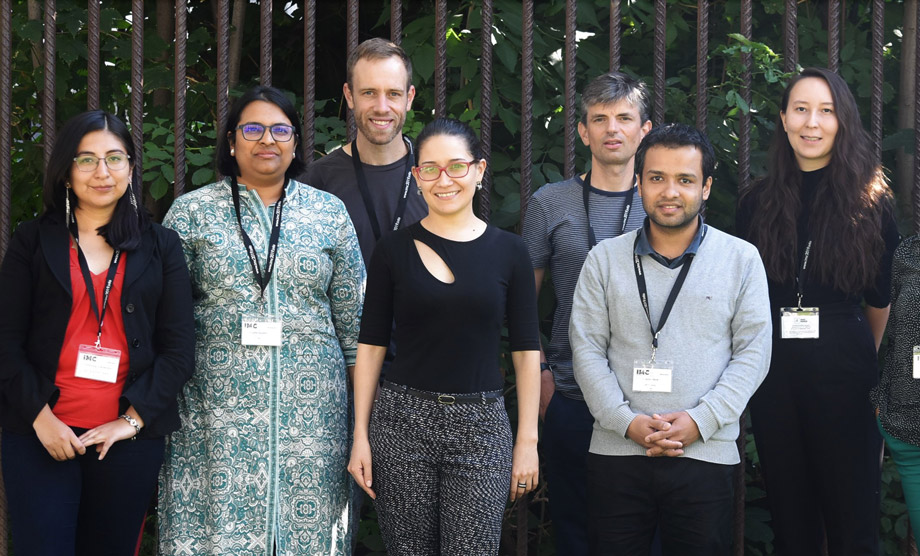
Local experts for global reports
Climate change and its consequences pose even greater challenges to developing countries than industrialized countries. But these countries are severely underrepresented in bodies assessing the relevant science. A training program for early career researchers at GIUZ takes counteraction.
-
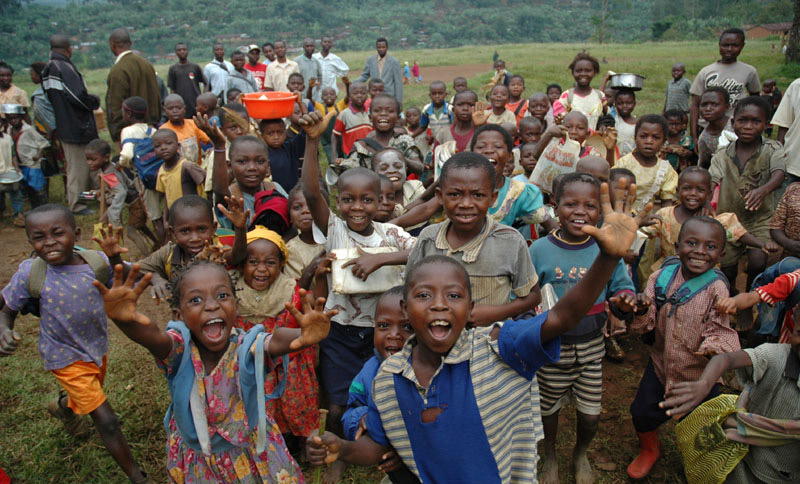
Blogging political geography
This blog makes space for insights that happen within a researcher‘s job, but might fall through the cracks of more conventional academic writing. Issues are politics of resource extraction, power and identity, and much more.
-
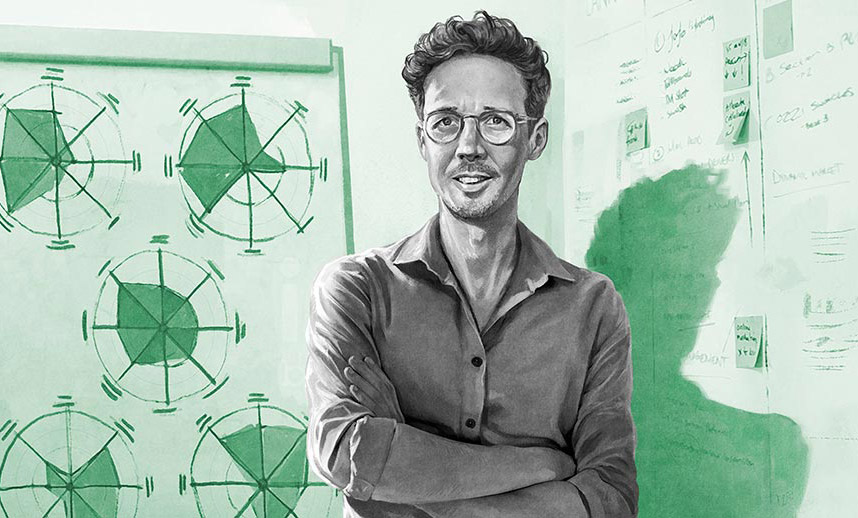
Crossing Borders
Celebrated alumni look back at their time at UZH. Social geographer Michael Hermann has made a name for himself as a political analyst.
-
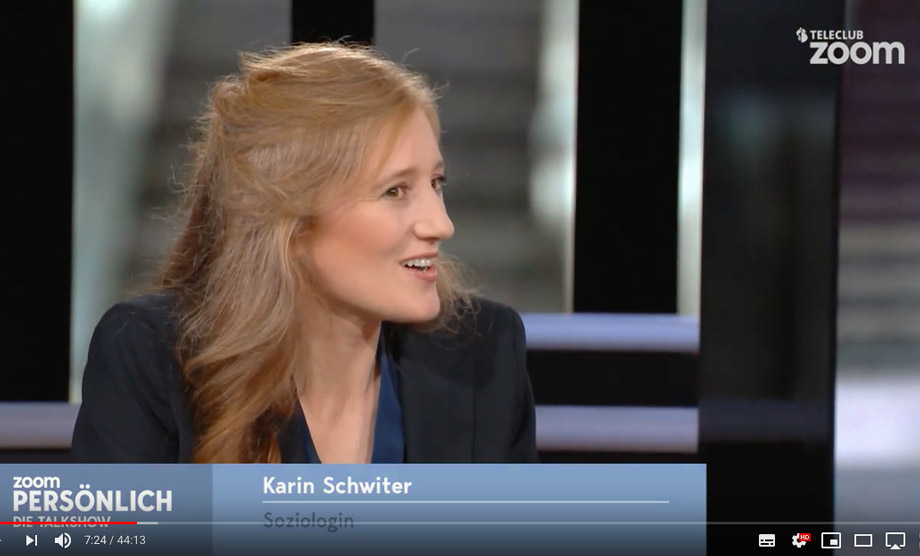
Talk show «Zoom Persönlich»: Working Mom
In the talk show «Zoom Persönlich», full-time moms and working moms discussed the compatibility of work and family life. One of the scientific guests was economic geographer Karin Schwiter.
-
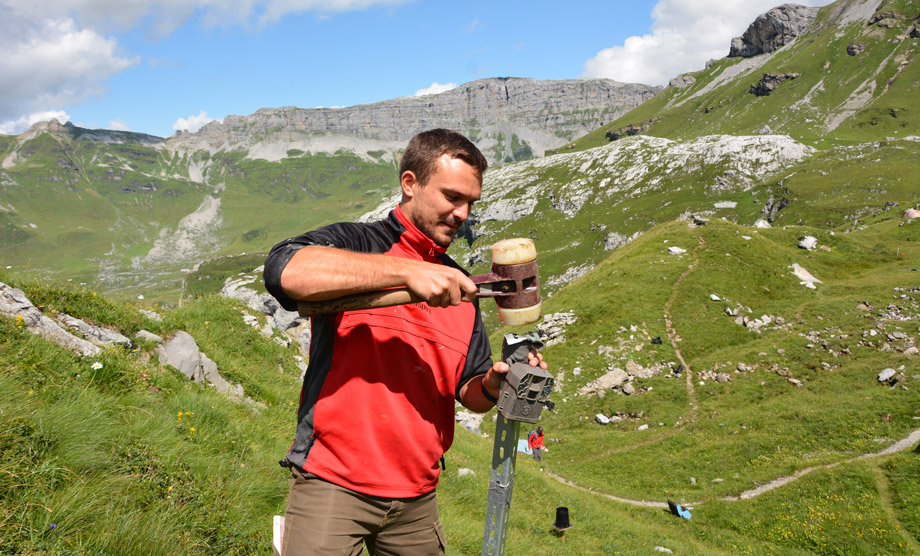
Forscher simulieren auf dem Klausenpass den Ernstfall
Am Klausenpass untersuchen Wissenschaftler in einem multidisziplinären Projekt den Wasserabfluss nach Starkniederschlägen und die Verdunstung der Pflanzen. Im Zuge des Klimawandels soll dies nützlich werden.
-

Scientifica 2019: Science Fiction – Science Facts
Die Scientifica findet vom 30. August bis 1. September 2019 statt - mit zahlreichen Beiträgen des GIUZ!
-
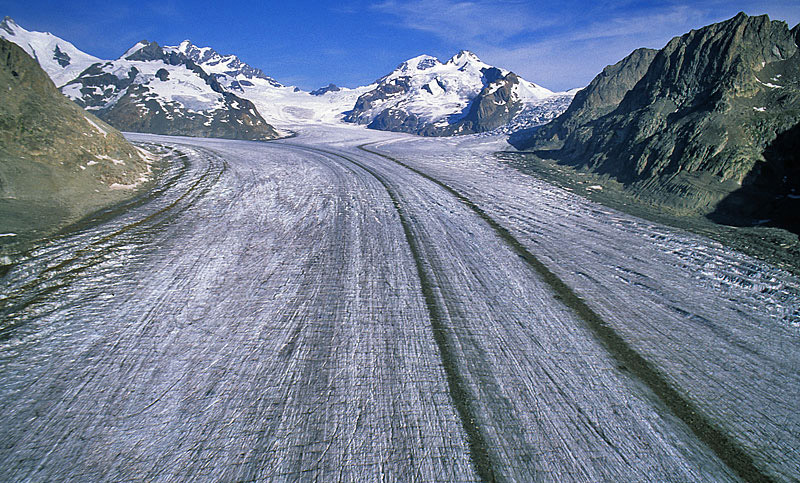
1894–2019: 125 years of internationally coordinated glacier monitoring
The 125 year jubilee of the World Glacier Monitoring Service (WGMS), located at the Department of Geography, attracted considerable media attention. The General Assembly was split into three regional meetings which were held in Zurich, Switzerland, Almaty, Kazakhstan and El Calafate, Argentina, respectively.
-
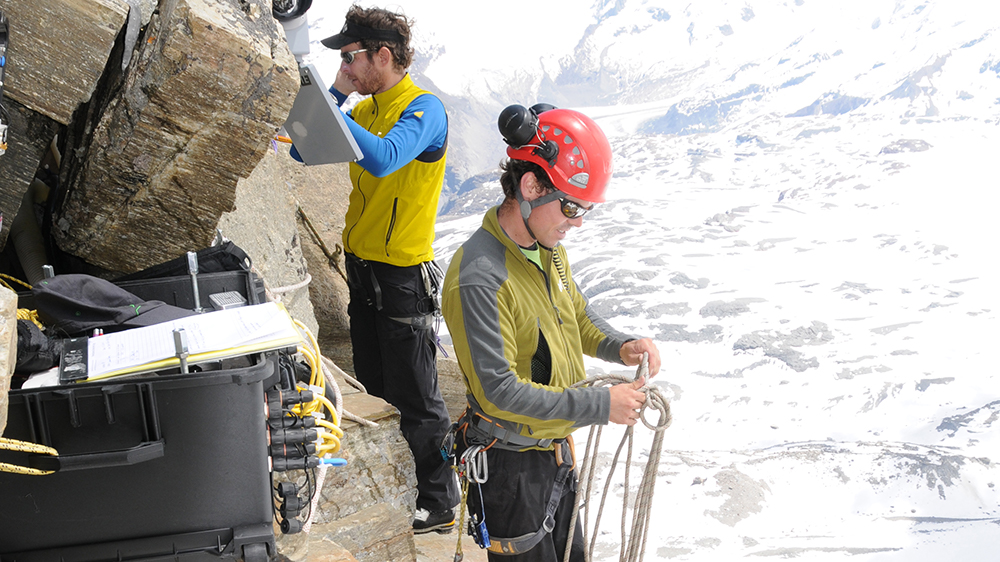
Monitoring the Matterhorn with Millions of Data Points
A unique project is linking in-situ measurements with natural hazards research. For the past ten years, a network of wireless sensors on the Matterhorn’s Hörnli ridge has been constantly streaming measurement data on the condition of steep rock faces, permafrost and prevailing climate.
-
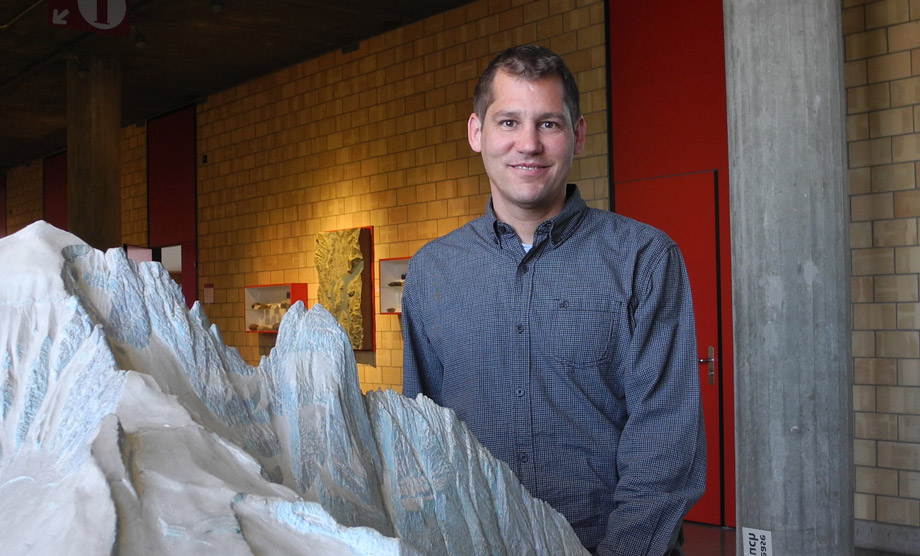
Reise bis zum Ende der Eiszeit
Andreas Linsbauer untersucht, wie schnell die Schweizer Gletscher schmelzen. Mit einem 3-D-Erlebnis will er die Menschen aufrütteln.
-
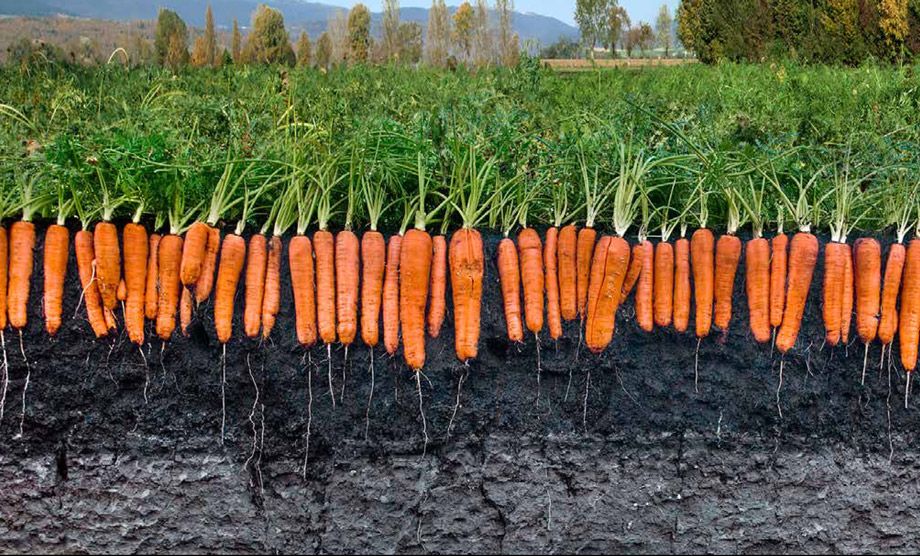
GEO 401: Integrative Project in the "Berner Seeland"
Over the past 160 years, water corrections transformed the swampy and peaty landscape of the "Berner Seeland" into the main vegetable producer in Switzerland - and resulted in a drastically shrunk of soils. With this integrative project, students have now the unique opportunity to collaborate in planning the future of this region.
-
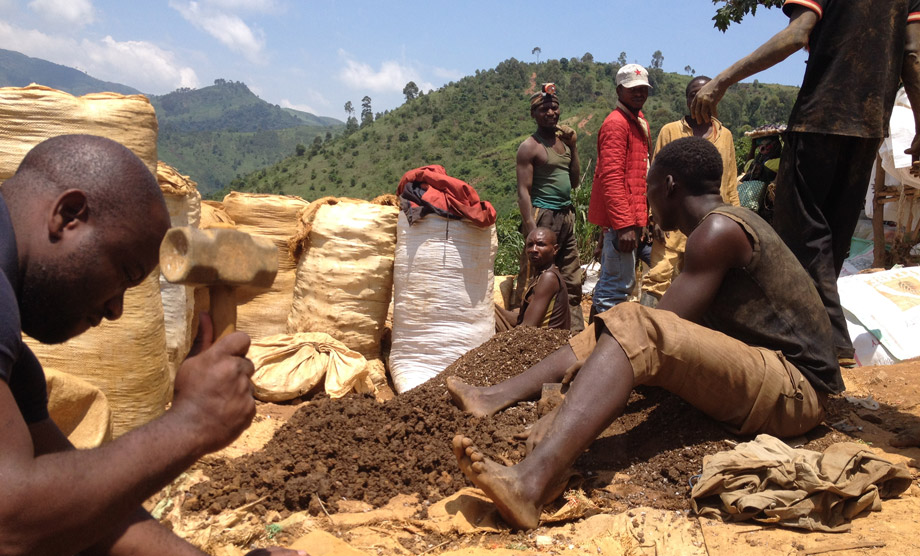
Conflict Minerals, Inc. – Transnational Regulation, Fragmented Authority and Violent Resource Networks in Eastern Congo
The highly prestigious Swiss Network for International Studies (SNIS) Award for the best thesis in international relations was attributed to Christoph Vogel’s PhD Thesis on conflict minerals.
-
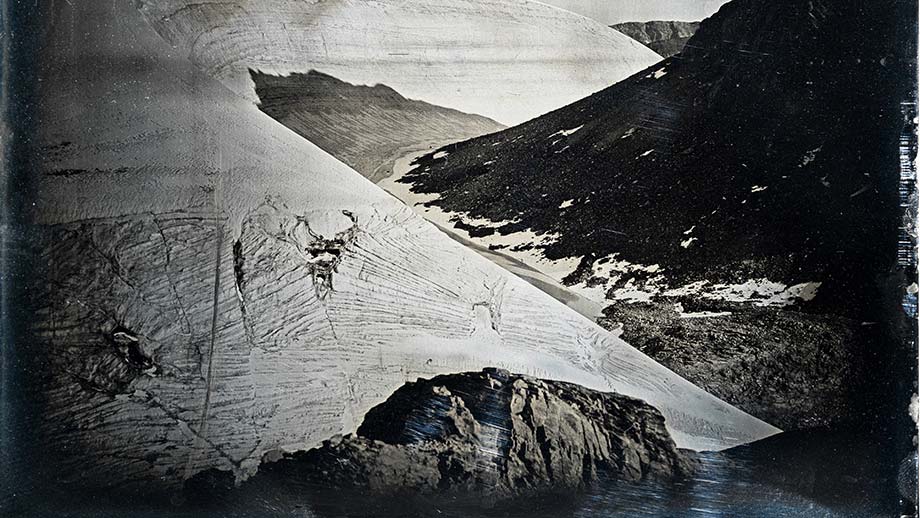
At a Glacial Pace
Even though glaciers react relatively slowly to rising temperatures, Switzerland will have to adjust to a future without these magnificent ice masses. We will manage – but the challenges facing Asian countries are far greater, says Andreas Linsbauer.
-
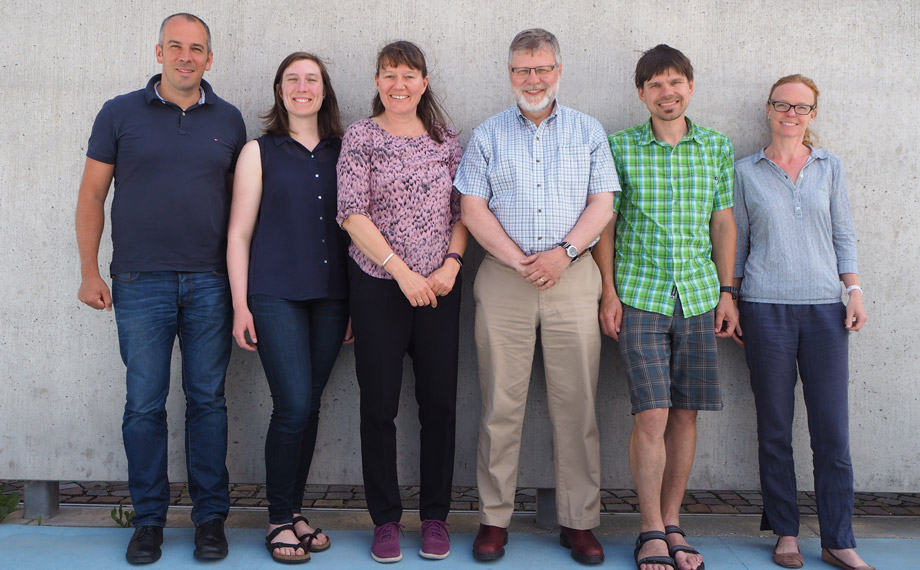
Fostering permafrost research and scientific exchange
The Executive Committee of the International Permafrost Association (IPA) met on June 17 at GIUZ for a one-day strategy meeting. Dr. Isabelle Gärtner-Roer serves as Vice-President of IPA.
-
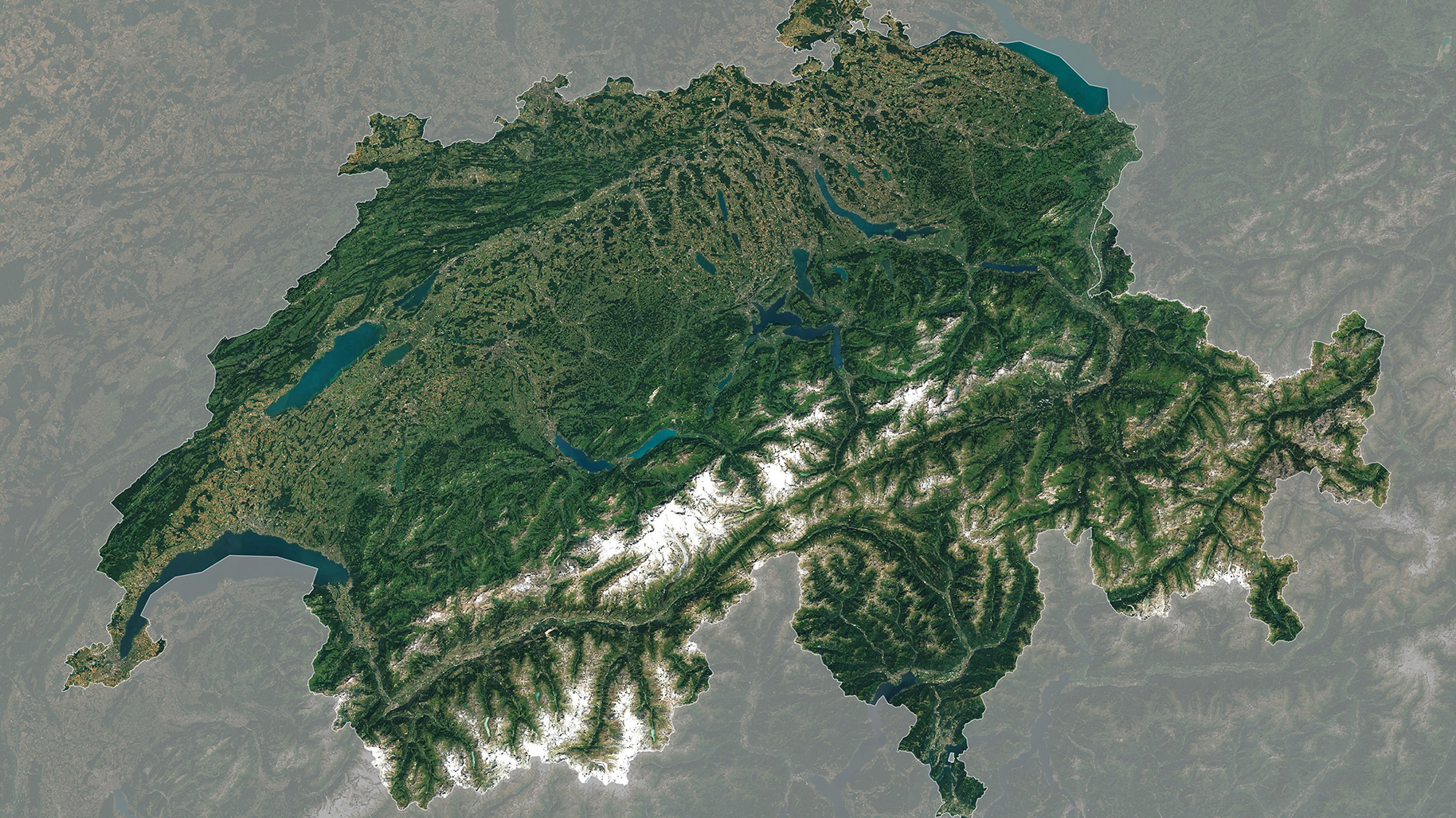
Four Scientific Institutions will Monitor Switzerland from Space
The Swiss Data Cube (SDC) is an innovative technology that gathers all available satellite images from the American Landsat program and the European Sentinel 1 and 2. UNEP/GRID-Geneva, the University of Geneva (UNIGE), the University of Zurich (UZH) and the Swiss Federal Institute for Forest, Snow and Landscape Research (WSL) have entered a new cooperation agreement to foster the use of Earth Observation data for environmental monitoring at national scale.
-
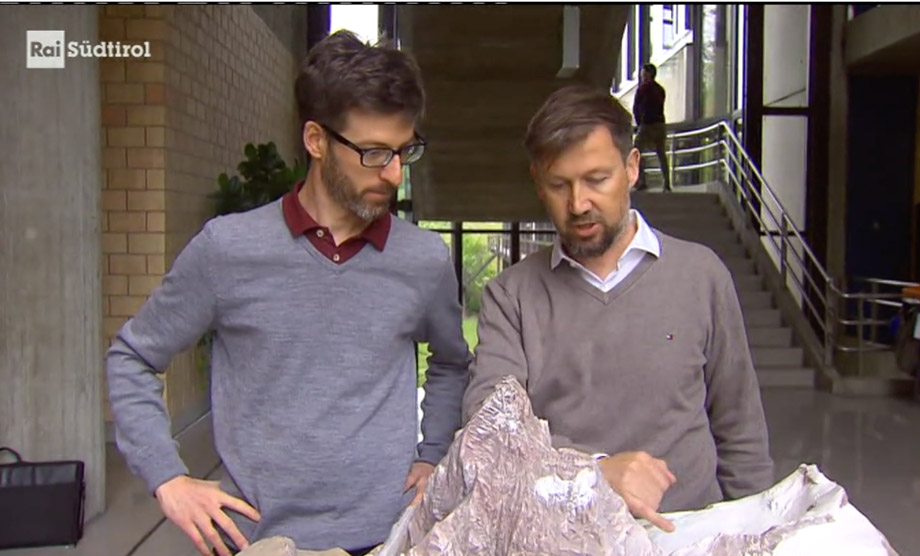
Klimaindikator Gletscher
Rai Südtirol hat das World Glacier Monitoring Service (WGMS) besucht, eine Hochburg der internationalen Gletscherforschung, und die Arbeit von Philipp Rastner und Holger Frey dokumentiert.
-
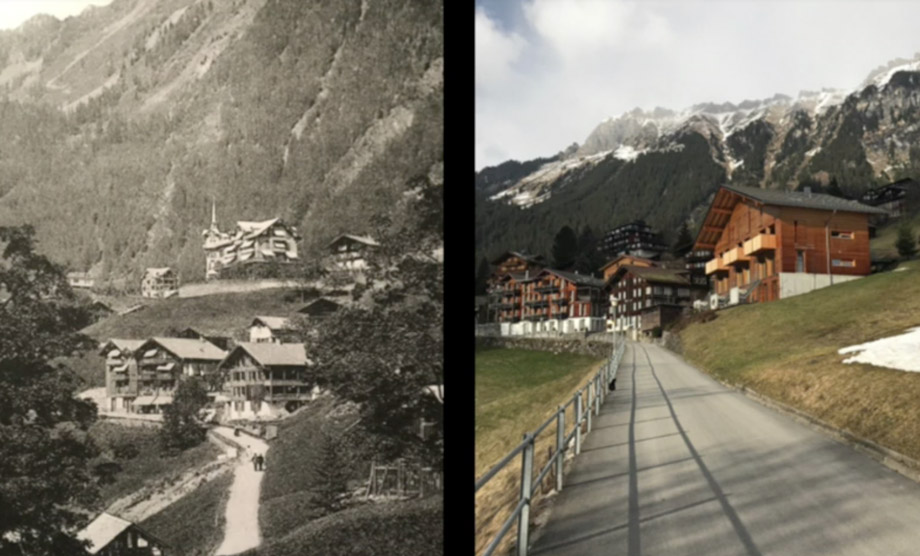
Land Talks
As part of the Land Change Science course, students interviewed a person they know about observed land changes at different locations in Switzerland and produced a video.
-
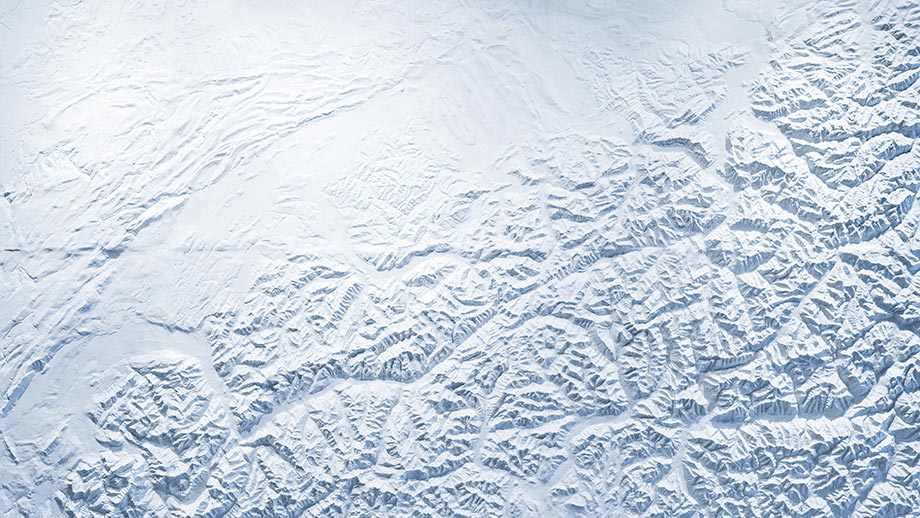
Ideal Backdrop for Projections
At the entrance to the Department of Geography, set against a burgundy wall, a white plaster relief sculpture of Switzerland commemorates the history of the discipline. In the past, a lesson without this kind of relief construction was unthinkable.
-
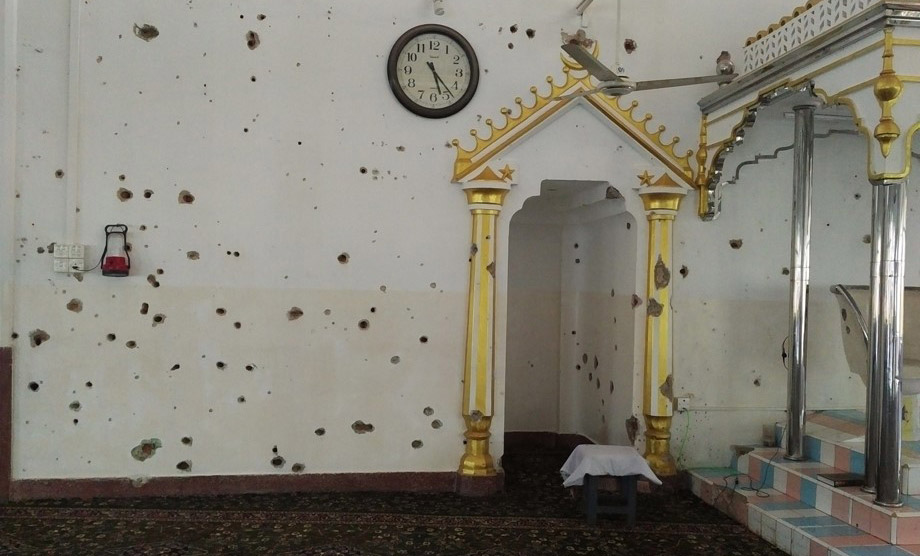
Liberale Kräfte geraten ins Kreuzfeuer
Die Anschläge auf Kirchen und Hotels am Ostersonntag haben Sri Lanka erschüttert. Die Radikalisierung der islamistischen Attentäter hat weniger mit dem globalen Dschihad zu tun als vielmehr mit der Identitätspolitik des Landes, schreiben Benedikt Korf und Christine Schenk in der FAZ.
-
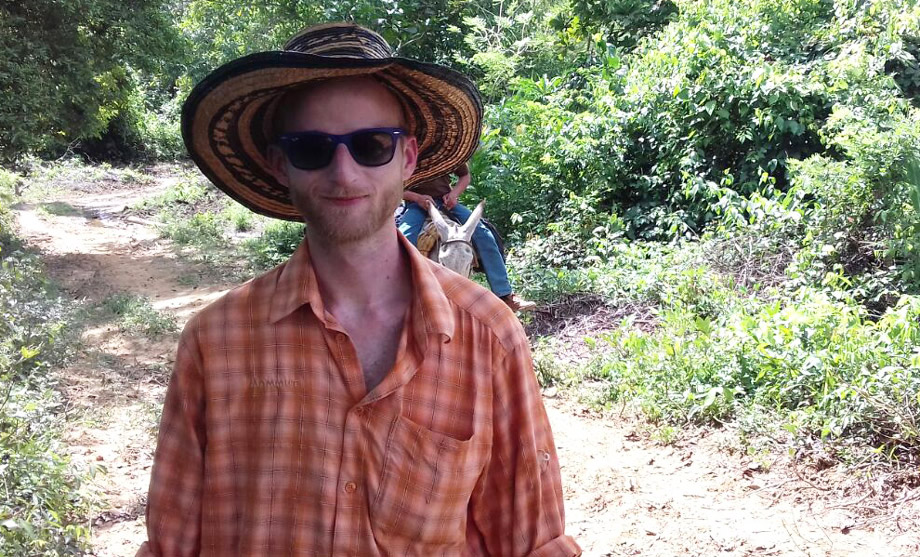
Struggling for the golden mean
Gold mining in Colombia is deeply entangled with decades of internal armed conflict. Various interests clash. PhD student Christoph Kaufmann is researching sustainable solutions.
-
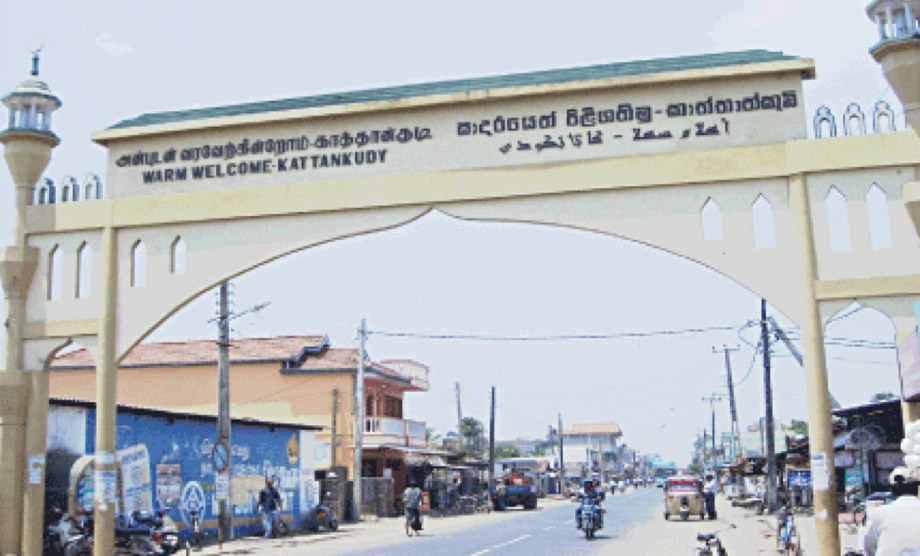
Sri Lanka, Muslims and violence
On the occasion of the devastating bomb attacks in Sri Lanka on Easter Sunday 2019, Wiley Publisher has made the paper available free access that S.H. Hasbullah and Benedikt Korf wrote on Muslim politics, inter-Muslim violence and Islamization in Kattankudy.
-
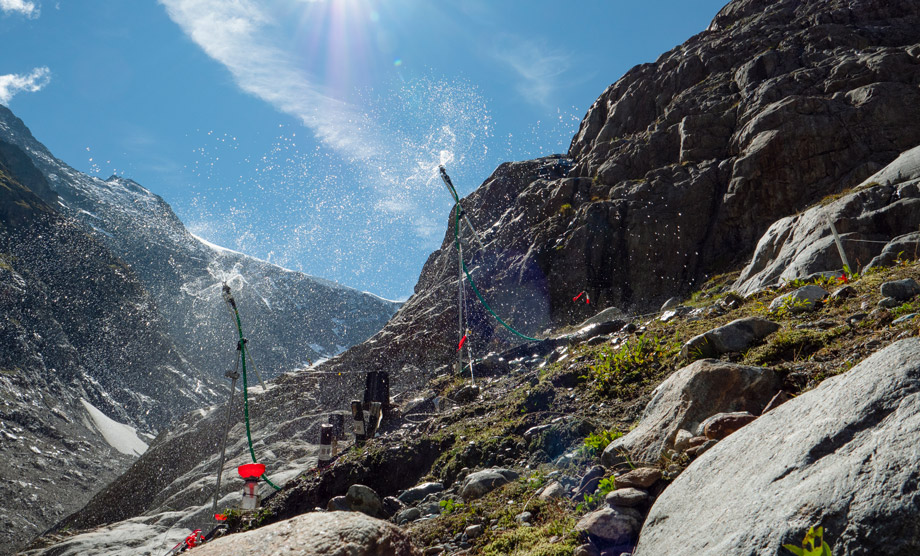
Scientific Image Competition: Distinction for "Rainfall Simulation in the Alps"
The picture taken by Florian Lustenberger, MSc student and teaching assistant at the Department of Geography, won a distinction in the Scientific Image Competition of the Swiss National Science Foundation. It shows the artificial rainfall simulation on the 1990s moraine of the Stein-Glacier near the Susten pass in the Bernese Alps.
-
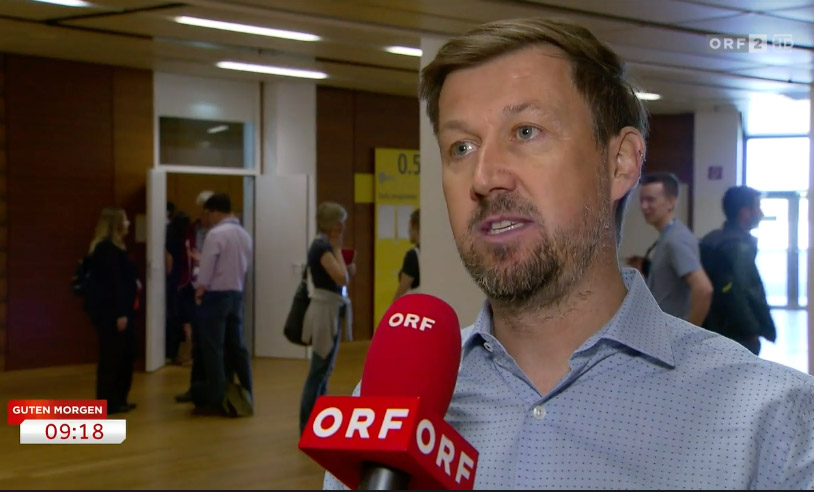
Global warming is shrinking glaciers faster than thought
The study recently published in "Nature" by an international research team led by Michael Zemp, director of the World Glacier Monitoring Service at the Department of Geography, generated a large media response worldwide.
-
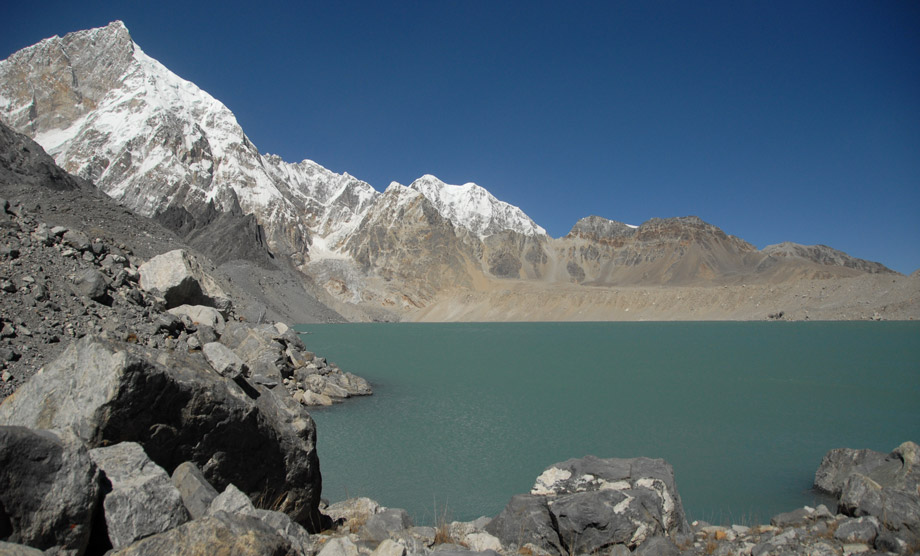
Dangerous glacial lakes across Tibetan Plateau
The flood danger posed by glacial lakes across the Tibetan Plateau has been assessed in the most comprehensive study of its kind so far. Simon Allen, member of the international research team, was interviewed by BBC.
-
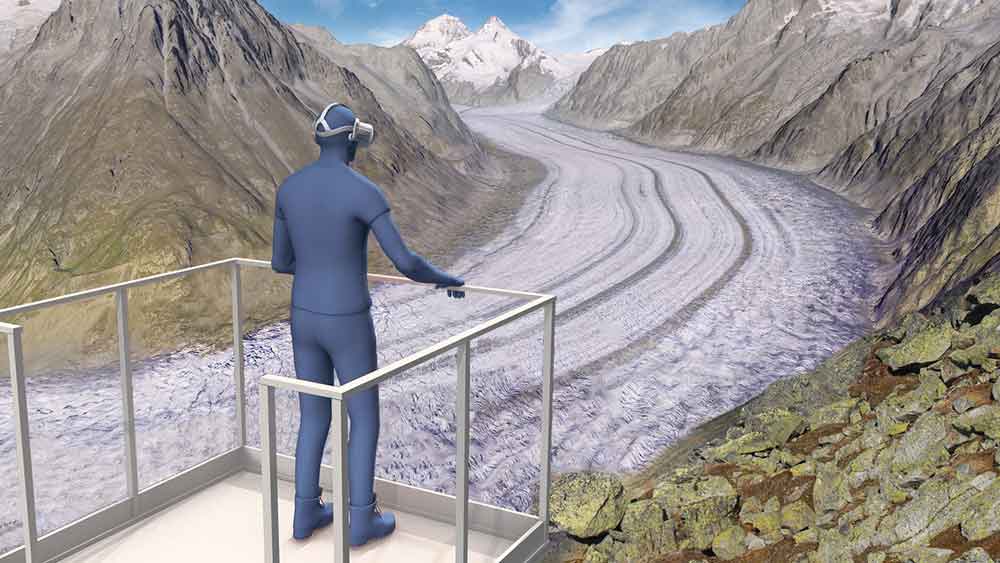
Den globalen Zusammenhang vermitteln
Umweltthemen zielgruppengerecht vermitteln, das macht Andreas Linsbauer als Ausbildner zukünftiger Lehrpersonen und als Wissenschaftler am Geographischen Institut. Heute wird die von ihm geleitete Ausstellung «Expedition 2 Grad» im Nationalparkzentrum Zernez eröffnet.
-
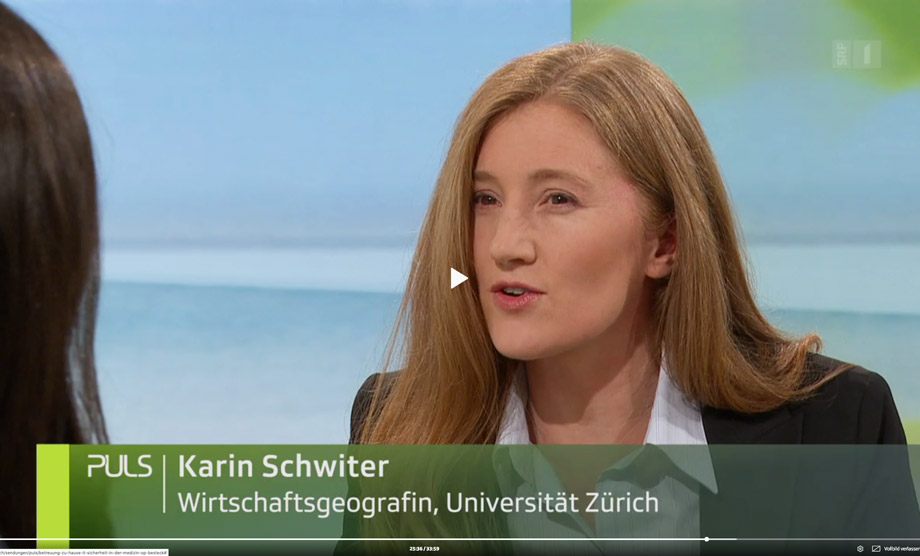
Auch die Betreuerin braucht mal Pause
Frauen aus osteuropäischen Ländern kümmern sich in Schweizer Haushalten um Betagte. Ihre Tätigkeit ist gesetzlich kaum geregelt. Wie fair die Bedingungen sind, hängt von den Betreuungsagenturen und den Angehörigen ab, die sie beschäftigen. Wirtschaftsgeographin Karin Schwiter erklärt, was beachtet werden muss.
-
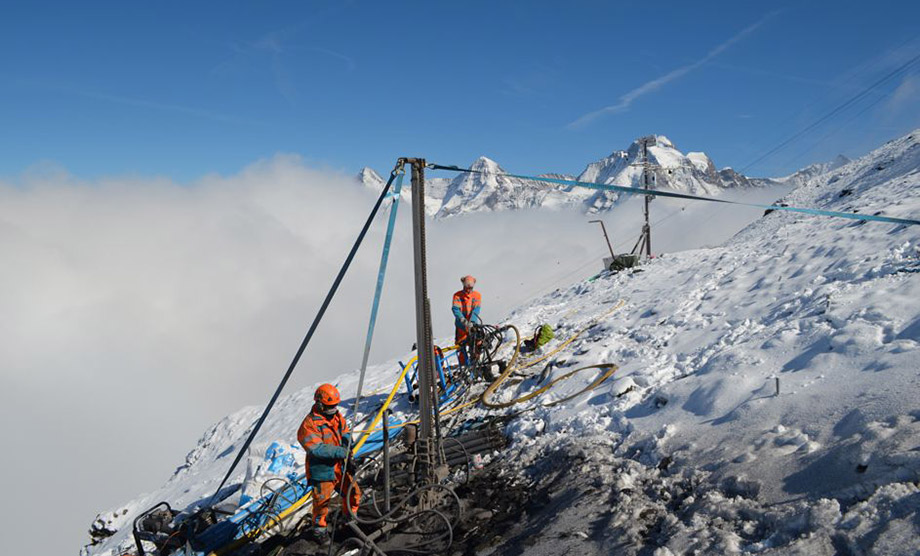
Der Permafrost in der Schweiz erwärmt sich wieder
Nach einer kurzen Pause von ein bis zwei Jahren setzte sich die Erwärmung des alpinen Permafrostes im hydrologischen Jahr 2017/18 wieder fort. Das zeigen die neusten Messungen des Schweizer Permafrostmessnetzes PERMOS. Das Geographische Institut ist einer der sechs Partner des Messnetzes.
-
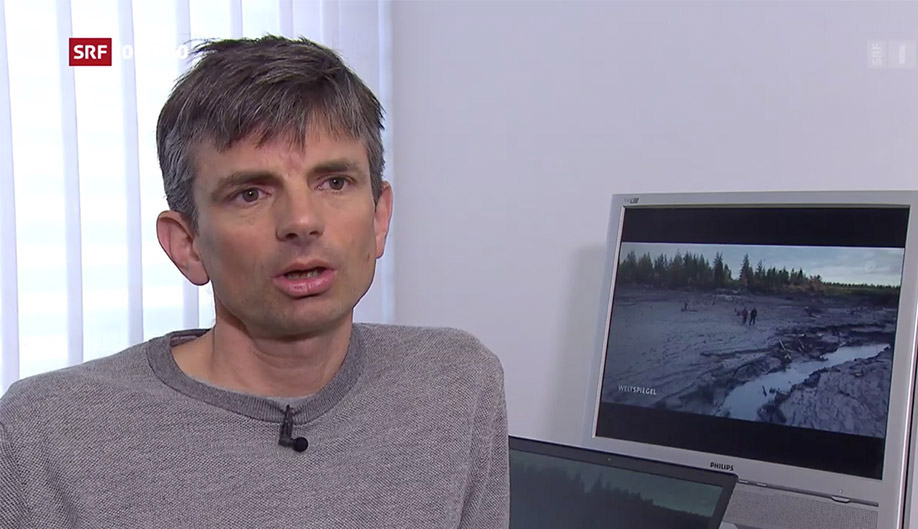
Tauender Permafrost: Eine tickende Zeitbombe
Über Jahrtausende hinweg war die Erde in der russischen Taiga gefroren. Doch jetzt taut der Untergrund aufgrund der Klimaerwärmung. Die Auswirkungen sind massiv, auch auf die Menschen und ihre Lebensgrundlage, erklärt Christian Huggel vom Geographischen Institut.
-
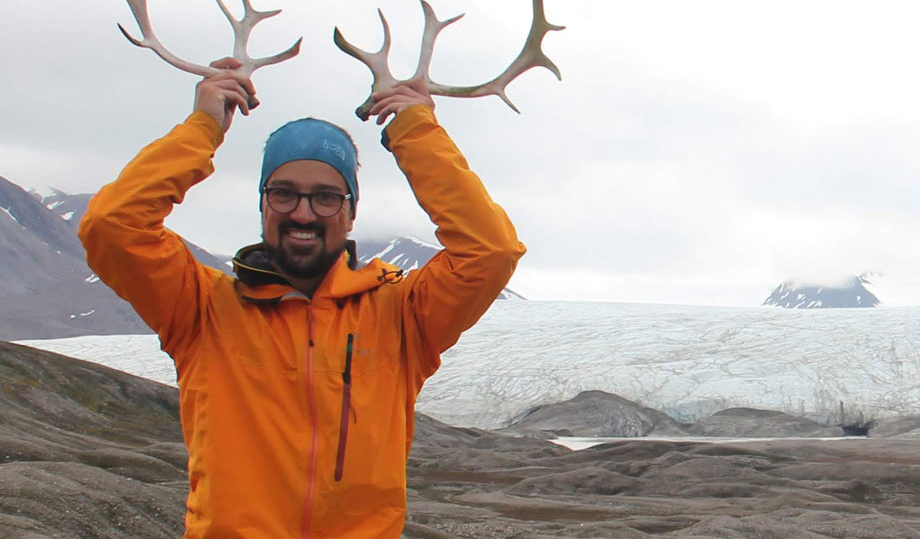
Panta rhei - everything flows
In high alpine regions, ice keeps loose debris masses together. Alessandro Cicoira computes the influence of climate on rock glaciers as part of his PhD thesis.
-
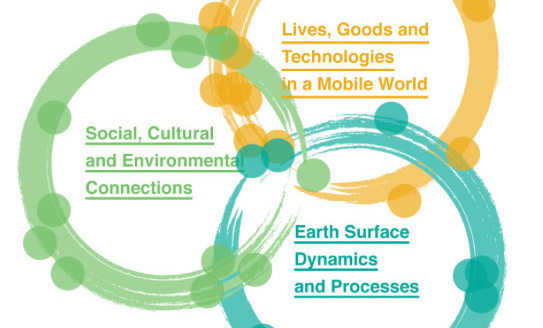
Our research page now in a new look
The multi-faceted and interdisciplinary research done at our department is now bundled into three thematic clusters.
-
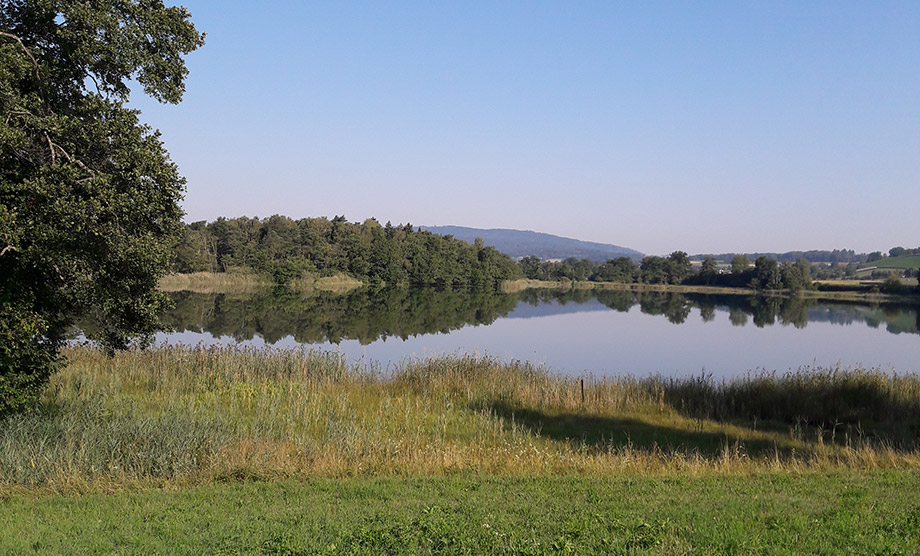
Universität studiert die Katzenseen
Forschende der Universitäten Zürich und Lausanne haben untersucht, welche Bedeutung Landschaften für das Wohlbefinden haben. Unter den fünf Studienobjekten sind auch die Katzenseen, Naherholungsgebiet am Stadtrand von Zürich.
-
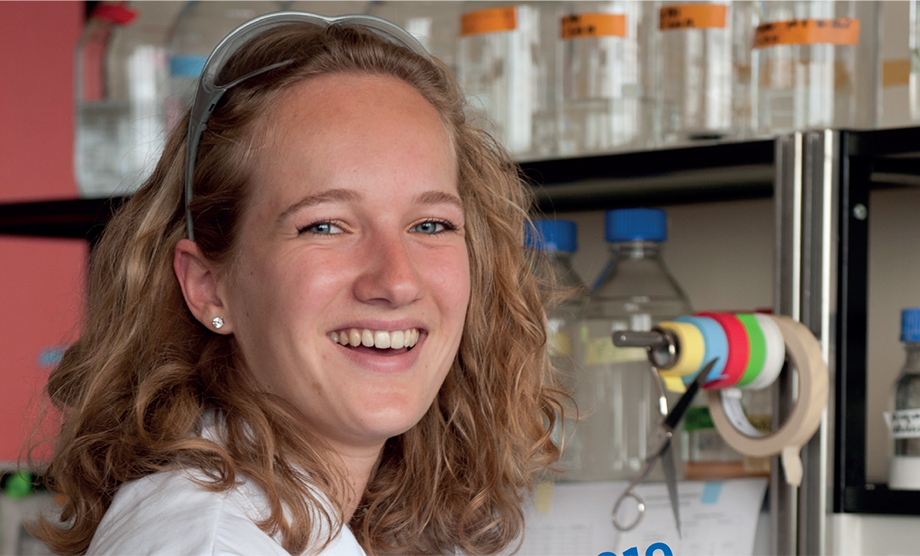
Science Info Day 2019
Interested in studying Geography or Earth System Science? Visit the Science Info Day on March 9, 2019 at Irchel Campus.
-
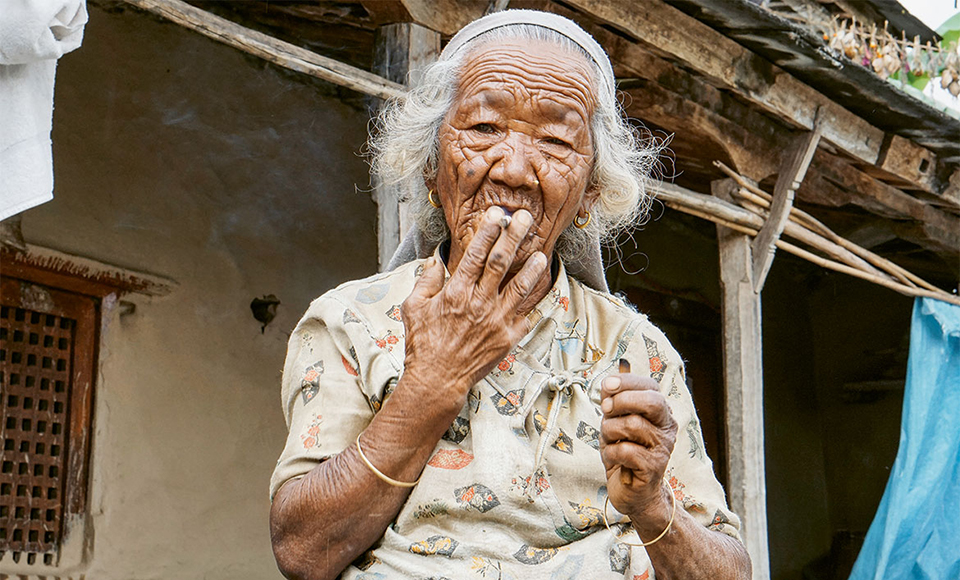
Old and alone in Nepal
Field research in dying villages: One of Sarah Speck's pictures was published in "horizons", the Swiss research magazine.